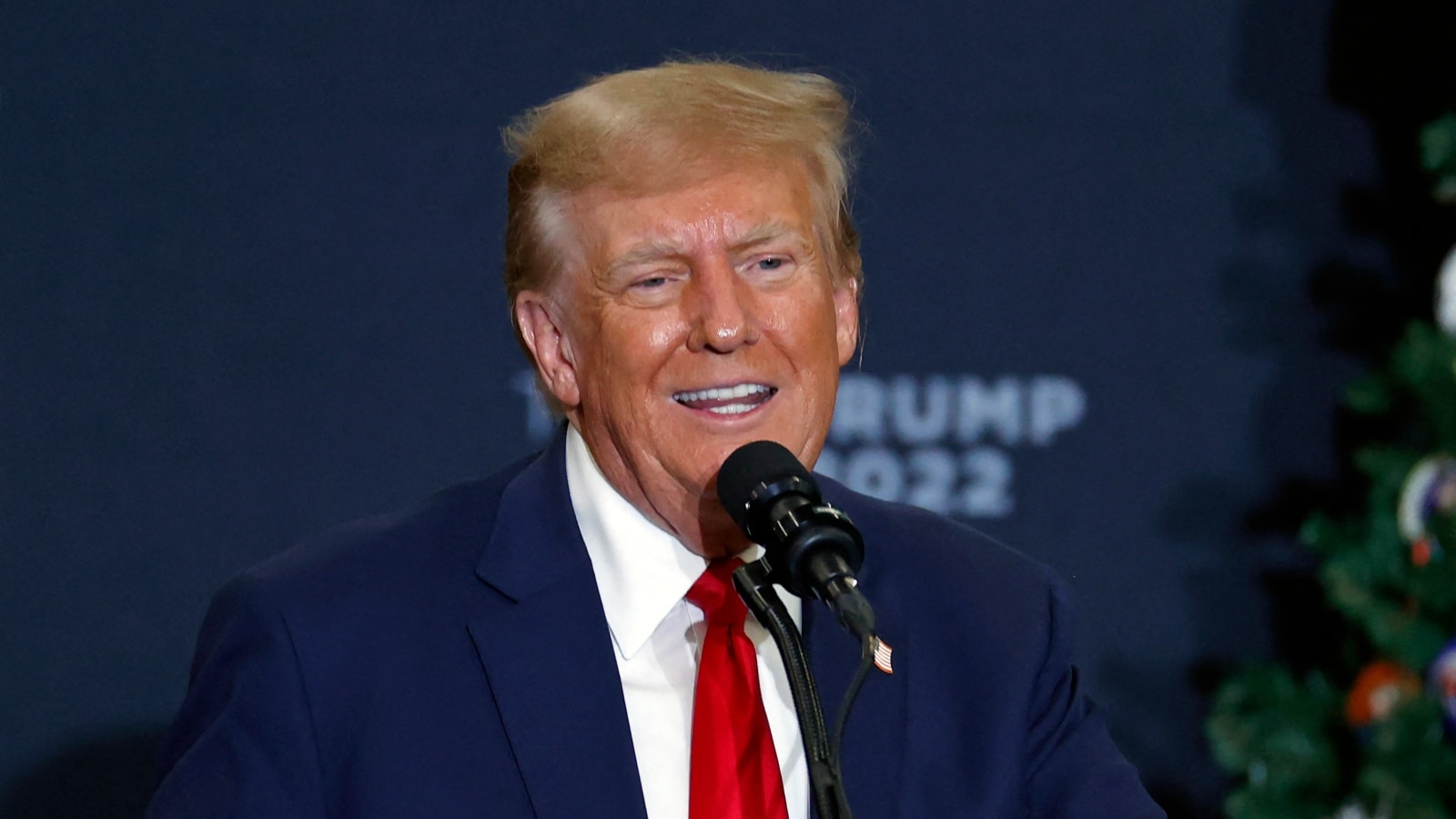OPINION: This article may contain commentary which reflects the author's opinion.
CNN legal analyst Ellie Honig says that the arguments Maine Secretary of State Shenna Bellows used to remove former President Donald Trump from the Republican primary ballot would not work in court.
The secretary of state said that she followed the same evidence used by the Colorado Supreme Court, and if the United States Supreme Court squashes Colorado, then it would also end her ban on the former president.
But Honig said that her reasoning and use of YouTube clips to make the determination that the former president was an insurrectionist and to remove him from the ballot would not cut it in court.
“The 14th Amendment Section 3 says, in plain text, that if you shall have engaged in insurrection, you can’t be in office. She takes that to mean that if she determines that Donald Trump engaged in insurrection, he can’t be on the Maine primary ballot. Is it that simple?” CNN anchor John Berman said.
“No, it’s not that simple. So, clearly, Section 3 of the 14th Amendment says engage in insurrection, you’re out. We all have that. The complicated part and where we are going to see this play out in the courts is who gets to decide and by what process,” Honig said.
“Now, it’s important to note — and in the ruling — the Secretary of State we just heard from says she’s basically following the same legal reasoning as the Colorado Supreme Court did last week. And she says in her ruling if this gets struck down in Colorado, we’re out of luck, too. So, she is basing it on the same legal argument,” he said.
“Let me sort of lay out the arguments — both sides. And by the way, it’s worth saying we’re all theorizing here. We’re in legally unknown territory. The argument against is, first of all, the 14th Amendment Section 5 says Congress has the authority to pass laws to implement this. They did. They passed the criminal law. And the argument is that means Congress, not the states.
“But perhaps — and this is the argument that the Maine Secretary of State and Colorado made — the states can do it, too. If that’s true, then Section 2 — question two is were the processes — were these hearings fair? Did they comport with due process?” the legal analyst said.
“And I think there’s a question there with regard to what Maine did because if you look at the hearing, and she details this in the ruling, they heard from one fact witness, a law professor. She based her ruling on a lot of documents, but also YouTube clips, news reports, things that would never pass the bar in normal court. She’s not a lawyer, by the way. It’s a smartly written decision, clearly consulted with lawyers, but this is an unelected. She is chosen by the state legislature… elected by the legislature, but not democratically elected. Not a knock at her. That’s just the way it’s set up in Maine,” he said.
“And this hearing, look, it doesn’t have to be a criminal trial. We don’t have to have all the protections. But I think the argument you’ll hear from opponents is, one, not up to the states to do this. This is why we have all different decisions from all different states. And two, the procedures were not up to snuff,” he said.
Later in the segment, he noted as well: “I do think the Supreme Court is going to take this case. I think tonight’s ruling makes it even more likely.”
He also predicted that the nation’s highest court won’t rule on the question of whether Trump participated in an “insurrection” but strictly on whether states have a right to bar him from the presidential ballot.
